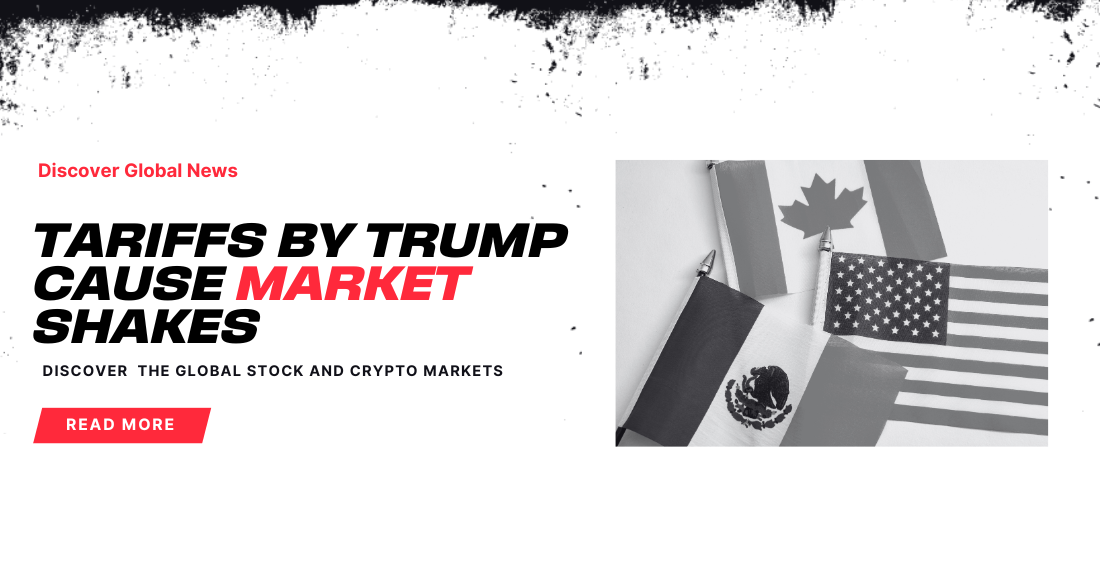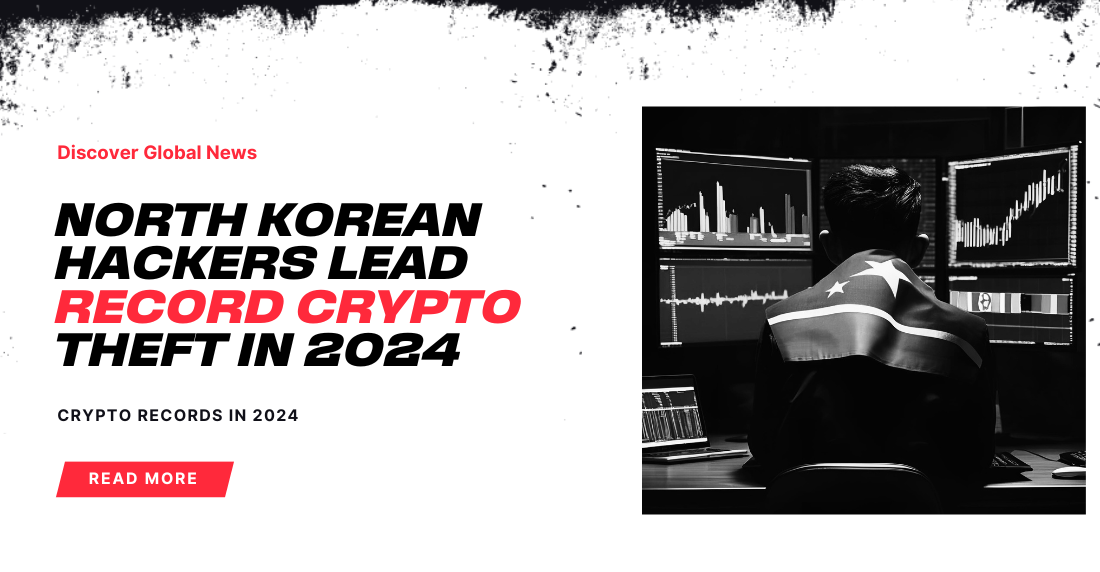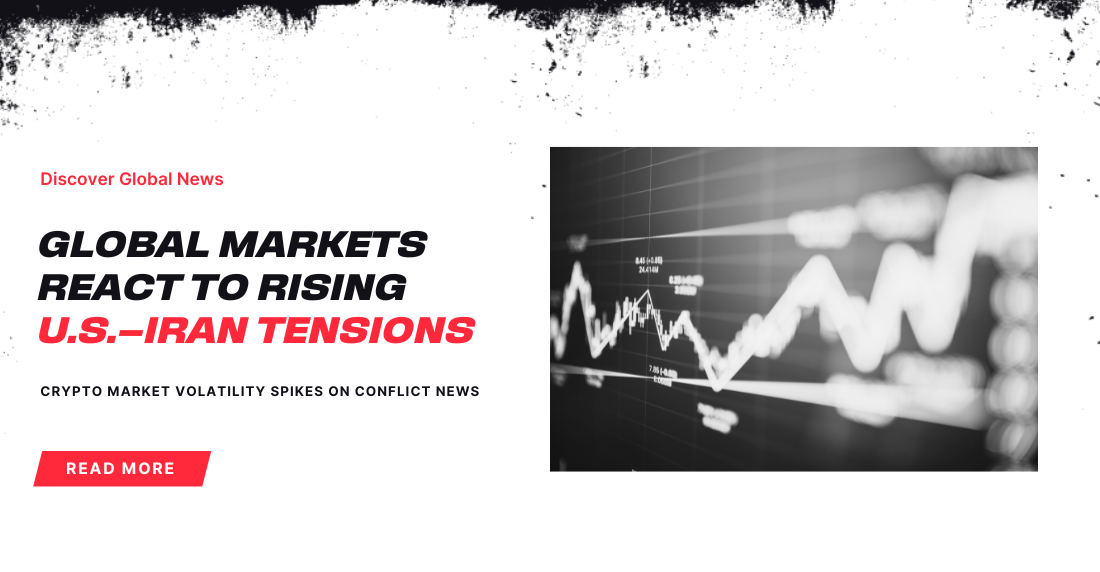
Tariff Action by Trump Hits Stocks and Crypto Market
After the call with US President Donald Trump on Monday February 3rd, Mexican President Claudia Sheinbaum has agreed to delay the implementation of tariffs with the United States for one month. The agreement between the presidents aims at further strengthening security between the U.S.-Mexico borders to reduce particularly the flow of illegal drugs and, more important, fentanyl, into the United States market.
Sheinbaum said in her post on X that, in the deal, Mexico would immediately send 10,000 National Guard members to its northern border. In return, the U.S. would work to combat the trafficking of high-powered weapons into Mexico. Trump later confirmed the “very friendly” conversation on his Truth Social platform and said further discussion would take place during the tariff delay. US officials, fronted by the Secretary of State Marco Rubio and Secretary of Treasury Scott Bessent, are expected to proceed with the negotiation with high-ranking representatives of Mexico.
The agreement also comes just hours before Trump announced tariffs on Mexico, Canada, and China – which were on track to come into effect for the first time. The levies included 25% imposed on goods across the border with Mexico and Canada, and also a 10% tariff imposed on imports coming from China-a total of over $2 trillion in annual trade.
Economists warn that such tariffs could trigger inflation, slow economic growth, and fire up a global trade war anew. Similarly, the crypto market followed with a nosedive amidst growing fear of increased uncertainty.
Economic Impact and Reactions
Economists have sounded the alarm over possible economic spillover from these tariffs. Goldman Sachs analysts said the tariffs were unlikely to last very long, given their potential to raise inflation and disrupt major industries. Canada and Mexico are critical to U.S. oil imports, and both are significant players in U.S. manufacturing and energy. If this tariff regime is extended, they warn it could slice 0.4% off GDP growth and push core prices up by 0.7%.
Analysts at Capital Economics believe the tariffs could instead prompt a recession in both countries. The analysts also said that the tariffs now make it less likely the Federal Reserve will cut interest rates in the near future due to inflationary pressures.
“Trump has acknowledged that there may be short-term pain for the American public, but he believes it will be worth it for long-term gains,” said one analyst.
The Global Market React
The news also dramatically shook world financial markets: US stock index futures are plummeting Sunday night, with expectations the S&P 500 could drop to levels seen around the time of the 2024 election. Equity markets across Asia and Europe are being beaten down as investors are increasingly staying away from assets tied to global trade.
Cryptocurrency markets were not immune to the uncertainty, either: Shares in crypto-linked stocks such as Coinbase, Riot Platforms, and Marathon Digital Holdings all fell in premarket trading. Bitcoin and Ethereum, the two largest cryptocurrencies by market cap, both tumbled – Bitcoin below $100,000 for the first time in weeks.
Wolfe Research: Trump Operating With Fewer Guardrails
Analysts at Wolfe Research cautioned that Trump, in his second term, seemed to be operating with fewer constraints. They surmised that his first-term advisers would have likely pushed back against such drastic actions.
“The absence of guardrails on his administration increases the likelihood that we’ll see further tariffs on China or even global 10% tariffs, which would result in hot inflation and seriously stress the economy,” they mentioned.
That could mean the trade dispute has broader ripples across worldwide markets and the US economy. But even as Trump pledged more tariffs against the European Union, he did not say when those would kick in. That will leave markets on tenterhooks, with many investors hoping for a last-minute resolution before the full weight of the tariffs is felt.
Looking Ahead: A Full-blown Trade War?
While these tariffs on trading partners indeed mark the beginning of what many within the same circles of business and economics fear-a long trade war-already, Canada and Mexico, together with China, say they will strike back. Thus, great is the potential for a greater economic disruption. The WTO also became a likely battleground for legal challenges to the tariffs, especially from China.
The big question now is whether the U.S. will be able to de-escalate it before it does wider economic damage. Trump insists that ultimately these tariffs would help the US economy, but many analysts are afraid the shorter-term consequence may be dire.
As the global trade landscape is turning increasingly volatile, markets are bracing for what could be a tumultuous few months ahead. The tariffs are scheduled to begin on February 4 and will be closely watched by investors, economists, and governments around the world in this unfolding trade war.



